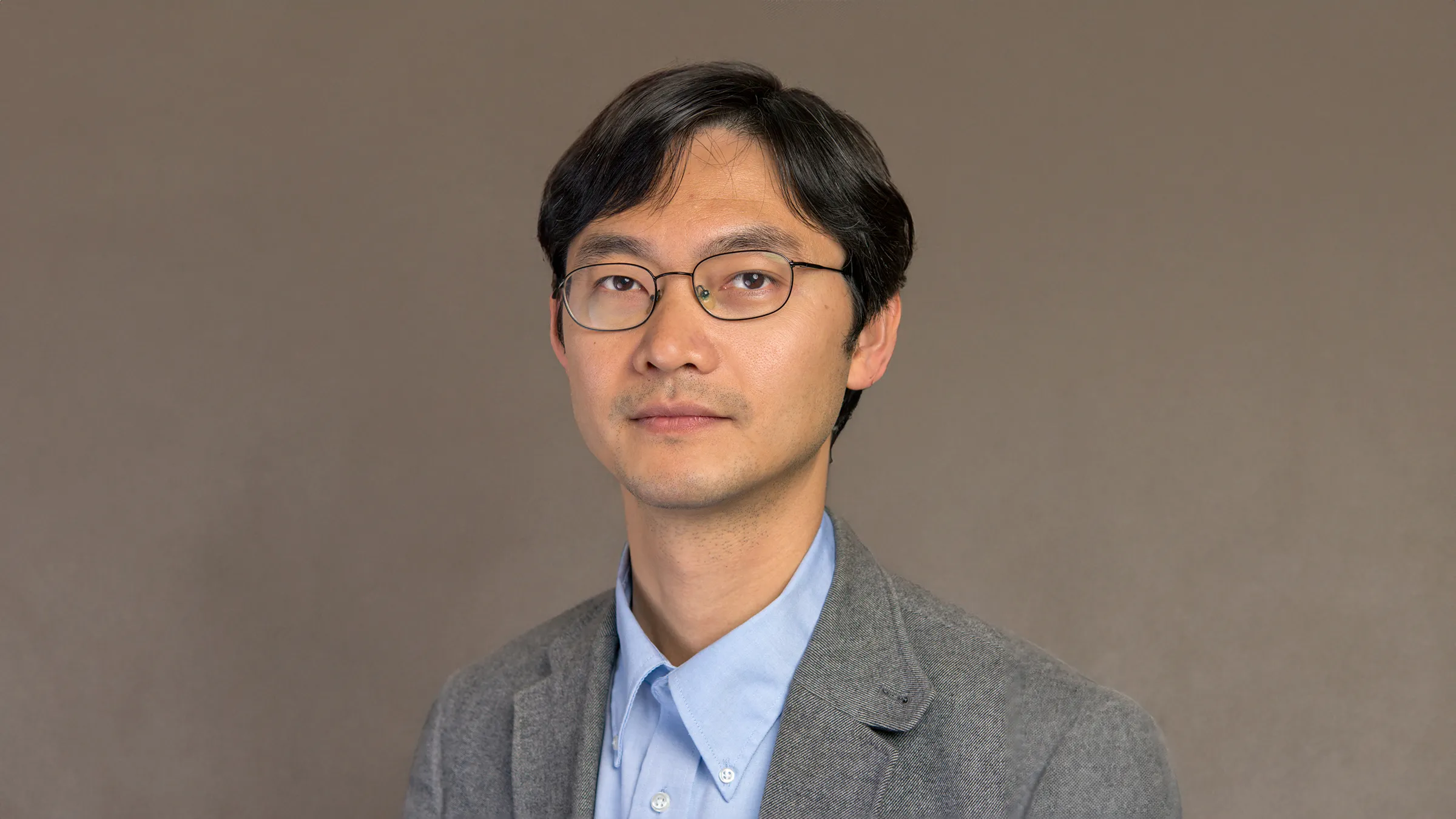UT Austin’s Keji Lai has received a Moore Foundation award reserved for the country’s top experimental physicists.
The Gordon and Betty Moore Foundation has awarded Keji Lai, an associate professor of physics at The University of Texas at Austin, a prestigious Experimental Physics Investigators Initiative grant.
Lai plans to develop a nanoscale acoustic microscope to investigate quantum acoustic processes that might be used to transmit data for quantum computers. According to the Moore Foundation’s website, one of the aims of the EPI initiative is to support experimental physicists who may lack flexible research funding to tackle their most creative research ideas and who “have distinguished themselves among their peers as having made extraordinary contributions to the field.”
“This award is enabling a new research thrust for my group to explore quantum information science, which is drastically different from our current efforts in condensed matter physics,” said Lai, Trull Centennial Professor in Physics #1 (Fellow).
Lai’s research aims to spatially resolve the interaction between gigahertz acoustic waves and various quantum states by using a unique microwave microscope design. He plans to implement an ultralow-temperature microwave microscope with unprecedented spatial resolution and displacement sensitivity. Using this unique instrument, his group proposes to image gigahertz sound quanta, probe the phonon-photon interaction in quantum acoustic systems and visualize acoustic patterns in optomechanical structures.
This work could advance our understanding of interactions between quantum sound and quantum bits, which is crucial for quantum information science. The ultralow-temperature microwave microscope has potential applications in condensed matter physics for the probing of lattice, charge and spin degrees of freedom in complex systems. The construction of ultra-sensitive microwave electronics also holds the potential to benefit device engineering for nanoelectronics and optoelectronics.
In its second round of funding, the Moore Foundation has awarded grants to support 21 experimental physicists. Each investigator will receive $1,250,000 over the next five years to advance the scientific frontier in experimental physics.
The Gordon and Betty Moore Foundation fosters path-breaking scientific discovery, environmental conservation, patient care improvements and preservation of the special character of the Bay Area.


